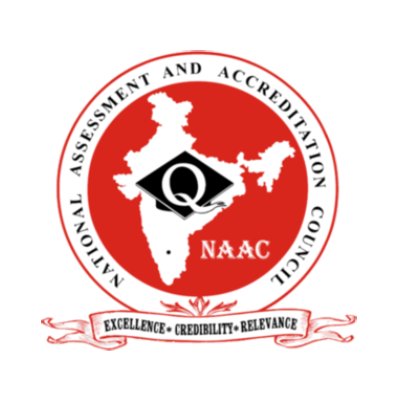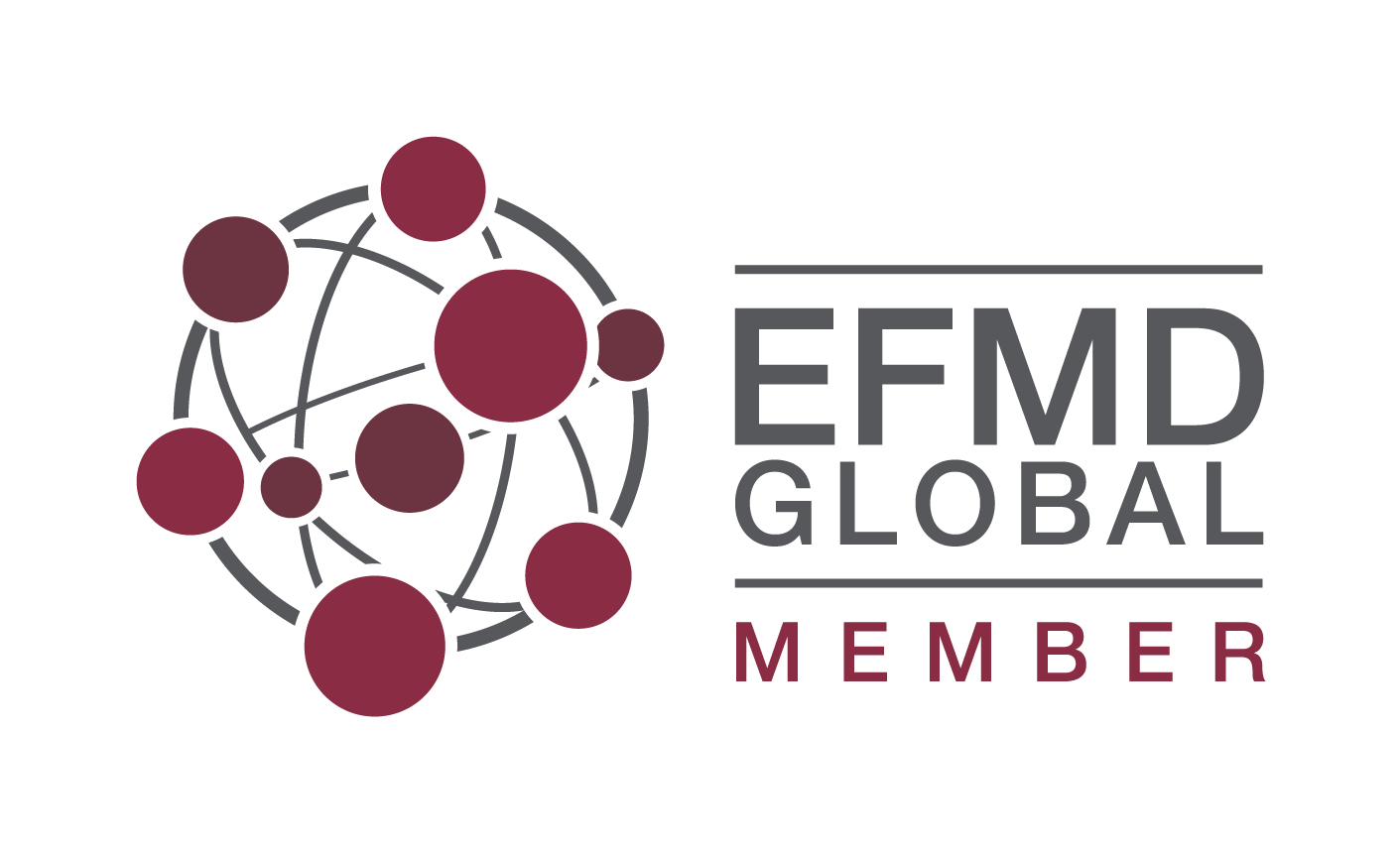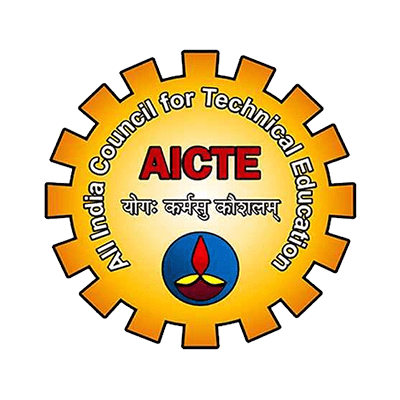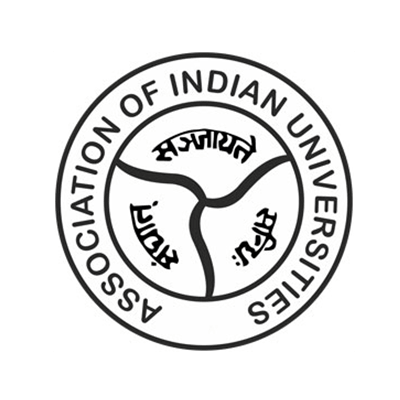Farm Loan Waivers

Sahana Roy Chowdhury
Farm loan waivers – A bad Macro-fiscal Policy
Sahana Roy Chowdhury
Farm loan waiver has come back again as a major politico-economic clout. In 2008, a package of ₹ 60,000-crore was announced in the form of farm loan and debt waiver, which was highly debated in the policy forum. The arguments and concerns did not only surround the fiscal burden it had generatedin the process,but also the kind of credit culture it essentially imbibes on the Indian financial system. This year post-election and after the changes in government in certain states,Madhya Pradesh, Rajasthan and Chhattisgarh (also Assam) have announced farm debt waivers, which adds up to ₹ 1.1 lakh crore for the three states only. Let us for the moment forget about the fiscal consolidation path we are on, and the fiscal deficit target that the central government is obliged to meet, rather let us focus on the ‘welfare costs’it is likely to generate.
Fundamentals of public policy stresses on the role of state being a ‘facilitator’and not necessarily a ‘provider’ of doles/subsidies etc. to encourage productive activities. Farm loan waivers are meant for easing the financial burden of the eligible farmers in order to facilitate, encourageand ensure continuance of the farming activities. There are several catchwords though: eligible, facilitate, encourage and ensure. All the farmers who had defaulted or who are the potential defaulters are not necessarily wilful defaulters. It is the typical case of adverse selection problem in economics: the problem of identifying Lemons andPeaches from the pool of borrowers. It is the combination of farmers’ effort and undeniably, the weather condition that yield returns in crop production. Bad weather condition is observed by all and can be confirmed by expert eyes (meteorological department) to have been unfavourable for farming in a particular year or a series of consecutive years, but what goes really unobserved or rather difficult to infer on, is the effort/knowledge, technical expertise and the combination, that a farmer puts to succeed at the end of any agri-production process. Thus any combination of good weather-bad effort, bad weather-good effort or bad weather-bad effort might result in bad outcomes (poor production and farm distress). For the moment let us ignore the price driven distress related with good outcomes, which is although not insignificant. Ideally, the wilful defaulters (those who put bad-effort resulting in bad outcomes) should be punished/discouragedby the state forimproper usage of the credit extended to them,and the non-intended defaulters need to be provided with adequate skill/knowledge/expertise/equipment.However, such loan waivers do not have any distinguishing criteria between the wilful or untended defaulters andno mechanism exists to cure the root cause of such defaults, rather than being ‘treated’ on a temporary basis.
This apart, there are many repercussions in the financial sector. First, with repeated interventions of this sort, expectations of loan waivers increase, which triggers moral hazard issuesthereby increasing the probability of default. Well, this mighttrigger another round of loan waivers declaration depending upon the political cycles we are in. Notably, in the process the farmers who could adapt to newer technology-to a limited capacity andexpertise, and have put good effort but never defaulted, are highly discouraged for such honest practices. More is better – being the basis of every economic rationale, they should not have put such good efforts in an economy where such efforts are not counted for! Next important point relates to the fact that Indian farmers are mostly ‘marginal’ in nature, holding less than one hectare of land. With little credit worthiness and with limited financial inclusion in the agrarian economy they are mostly dependant on the informal sources of credit. The rates charged in the informal credit market are not only exorbitant, the tracking mechanisms are most of the time harsh; and because they are outside the purview of regulation, state has limited capacity to intervene. Farm loan waivers and related policies will never be able to uproot the farmers’ credit stress unless the informalization of agrarian credit sources is taken care of. It is the large farmers-relatively better-off farmers, who are the credit-worthy agents from the perspective of the regulated financial sector, and it is largely the part of these farmers who enjoy the benefits of such loan waivers- implemented via banking networks.
Coming to the potential solution of such a grave problem: Though not an easy one, policy should be a longstanding one rather than small steps and one-off interventions. It should focus on making farm incomes sustainable via price mechanisms (MSP) or narrowing down of the role of intermediaries, facilitating marketing and supply chain management so that farmers get a decent share of the benefits generated out of their ‘good efforts’, broaden the knowledge base of farmers by providing farm education, irrigationand mechanization techniques and other expertise, identifying and facilitating installation of farm equipmentsfor increasing mechanization, that are supposed to play the role of complementary skills in raising farm level productivity.












